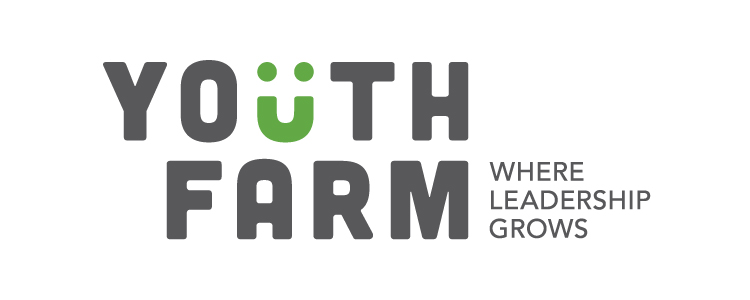There was a very interesting Opinion article in the Star Tribune a couple of Sunday’s ago by Ted Kolderie entitled, “Let’s give adolescents a chance to grow up.” Ted argues, and I am severely paraphrasing here, that we may need to reset the way we think about young people, the expectations we have for them, and broaden our understanding of what it means to be successful and have accomplishments if we want more from young people. He also argues that by having little expectations of adolescents and shielding them from real adult contact, we cannot be surprised when they are not ready to engage as contributors in society. He goes on to explore the historical construct of adolescents, the reasons why it came about and both the good and bad effects on our current society. He also gives case study after case study of the accomplishments and achievements of young people in history. As he puts it, “It was not always like this. When challenged, young people have done astonishingly ‘adult’ things.”
This article got me to thinking about Youth Farm, the work we do with young people, and the expectations we put upon them to do “astonishingly ‘adult’ things,” and I felt pride around our work that inspired me to share. While we often post blogs about the food that the youth are growing, or the fun class that they are a part of, one thing that is true of all the work that we do, it that we do not sell youth short for what we think they can accomplish. Growing a garden and eating healthy food as a youth is a good thing, but utilizing an urban farm to systematically change the health, wellness and happiness of the neighborhood you live as a way to to effectively engage your peers and family in food justice, well, that’s something of a different level, a level that most would say is much more of an “adult thing.”
I recently had the great opportunity to hear one of our Project LEAD staff, August, give a tour of our farms to a group of chefs in the Twin Cities, and I was humbled not only by what she said, but also by what she didn’t say. She didn’t say she was going to be a farmer when she grew up, or that local food was so important to her and her peers. What she talked was race and community tension. She explained how her fellow teenage Project LEAD staff saw an increase in tension between Latino youth and East African youth in the neighborhood, as well as within Youth Farm, so they took action. They planned their after school classes in the neighborhood around exploring similar culinary traditions, focusing on breaking down barriers through food. August went on to say that is why Youth Farm is important and impactful to her and her neighborhood. This is just one example of how Youth Farm challenges young people, adolescents, to do things that are astonishingly “adult”, to be real leaders in the here and now.
Youth are not just ‘future‘ leaders or people we merely need to prepare for the future, but current and effective leaders, making real impact in their communities right now through their work at Youth Farm. They live out the true nature of what it means to be an active citizen, taking their thoughts, skills, experiences, culture, and dreams, and living out the combination of those in the form of an urban farm. So, whether or not we need to rethink adolescents and make ‘adultness’ more competency based rather than age based, I am not sure. I am sure that youth leaders (leaders like August at Youth Farm) do some astonishingly adult things, things that all of us should continue to rally around and encourage.
